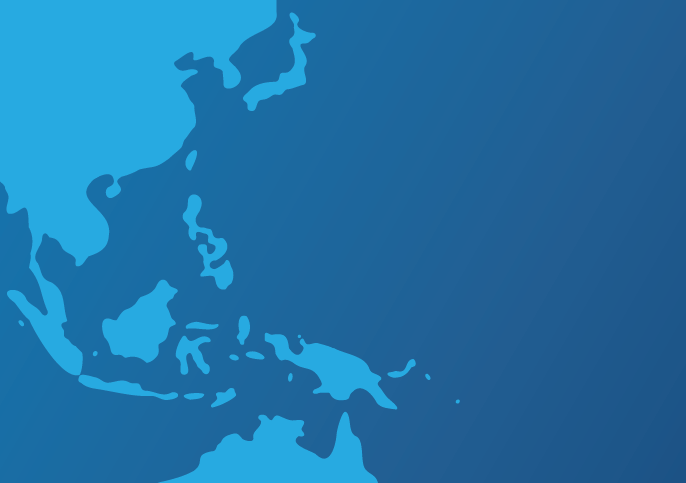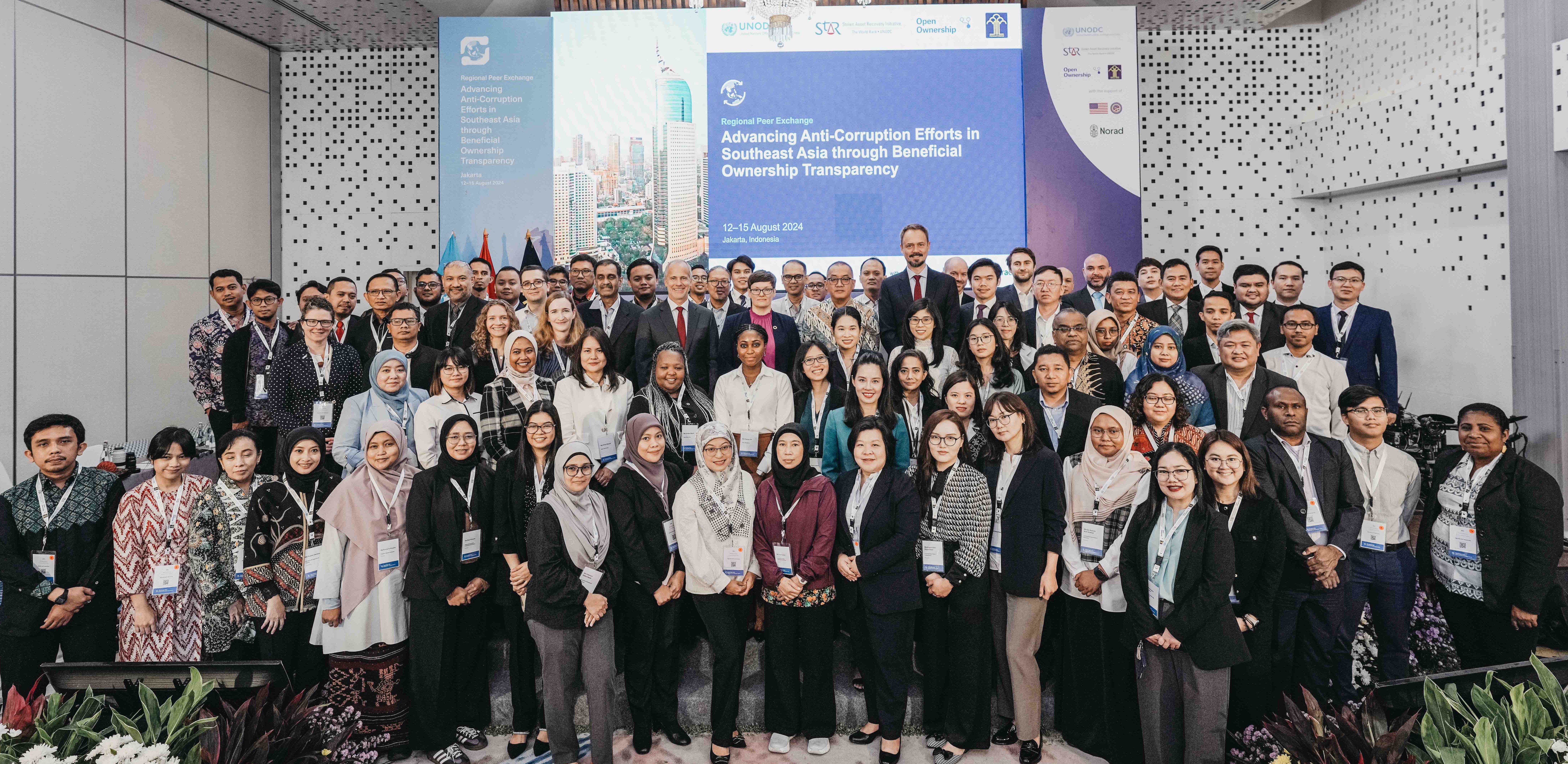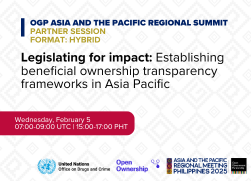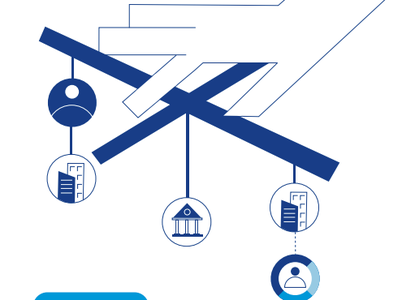Bridging beneficial ownership transparency reforms in Southeast Asia

Southeast Asia remains one of the fastest growing and most economically dynamic regions in the world. Low interest rates, domestic demand, and sustained infrastructure spend continue to boost investment demand and economic growth.
Despite this, corruption and illicit financial flows continue to threaten the region’s growth outlook. As the region is resource rich, it remains a target for corruption. Transnational crime also remains prevalent, putting a further strain on law enforcement. Shell companies, hidden trusts, and opaque corporate structures are often used to enable money laundering, tax evasion, and misuse of public funds.
Beneficial ownership transparency (BOT) – the disclosure of the natural person(s) who ultimately own or control a legal entity – has emerged as a critical tool in combating these issues. While several countries in Southeast Asia have made progress individually, regional cooperation remains crucial in maximising the impact of BOT reforms.
The case for beneficial ownership transparency in the region
Countries like Brunei, Indonesia, Malaysia, Philippines, and Singapore have enacted laws requiring companies to declare their beneficial ownership (BO). Thailand and Vietnam are also progressing on BOT, starting with the amendment of their laws.
Although the trigger for most countries to implement BOT reforms has been the Financial Action Task Force Recommendations, it is interesting to note that some countries in the region have expressed ambition to go beyond its requirements. For instance, the Philippine Securities and Exchange Commission, the agency assigned to collect BO data in the Philippines, has been active in organising training for law enforcement agencies on the use of BO data to support the investigation of financial crimes. The Indonesian Ministry of Law has also given several agencies, including those involved in tax and procurement, direct access to its BO registry to allow them to use BO data to investigate tax fraud and determine conflict of interests in public contracting. These efforts have resulted in the prosecution of certain individuals for tax evasion and other crimes.
The need for regional cooperation
Despite these domestic successes, the transnational nature of corruption and crime demands a coordinated regional approach. In a regional peer event co-organised by Open Ownership, the United Nations Office on Drugs and Crime, the Stolen Asset Recovery Initiative, and the Indonesia Ministry of Law in August 2024, corporate regulators, law enforcement agencies, financial intelligence units, prosecutors, and civil society organisations from eight countries in Asia Pacific came together to share insights on how BOT can advance anti-corruption and asset recovery efforts nationally and regionally.

The event convened 60 representatives from anti-corruption agencies, corporate registrars, regulators, law enforcement, prosecutors and civil society. It was an opportunity to leverage regional expertise and collaboration, and share insights into good practices and innovative approaches for the use of BO data for the recovery and return of stolen assets.
Participants identified key challenges on BO data collection, verification, and access, and a lack of regional standards which could make the verification of foreign beneficial owners challenging. While some of the recommendations require a national approach, others require regional action. These include developing regional data standards as well as strengthening regional and international collaboration to encourage a more coordinated approach to BOT.
Some of the suggestions to foster regional cooperation include:
- exploring mechanisms to better facilitate and streamline information-sharing, including via the use of regional agreements, Memorandums of Understanding focusing on BOT, regional data-sharing agreements, and data privacy frameworks;
- using a dedicated information-exchange platform on BO information; and
- facilitating continued dialogue and collaboration to address key learning and challenges of effective BOT implementation, including annual regional events/peer exchanges and regional technical forums.
Open Ownership support
Looking ahead to 2025, Open Ownership will continue to support the implementation of BOT reforms in Southeast Asia. We are currently supporting Indonesia and the Philippines, and exploring opportunities to support Brunei, Thailand, and Vietnam.
If you would like to learn more about Open Ownership’s work in the region, please write to us at [email protected].
Related articles and publications
Publication type
Blog post
Country focus
Indonesia,
Brunei Darussalam,
Philippines,
Singapore,
Thailand,
Vietnam,
Malaysia
Sections
Implementation

